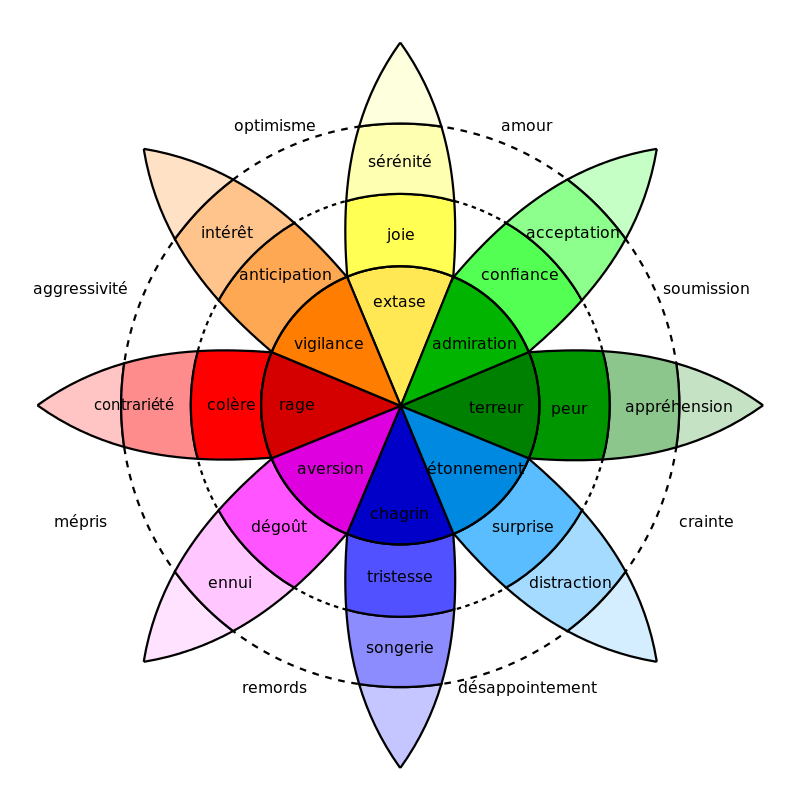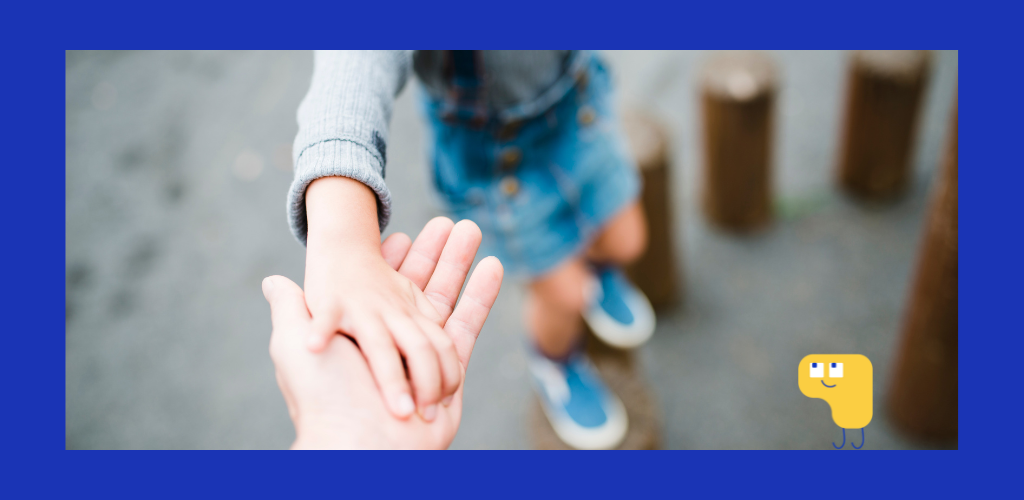A few days ago, as I was arriving at a tourist spot, a little boy of about 3 years old was screaming, crouching on the ground: "I'm tired, I'm tired, I'm tired!". His parents looked at each other, bored, and in front of the stares of passers-by, his father finally took him in his arms and they left. At this point, two couples, who had probably been watching the scene all along, start discussing what they've just seen, and one of them says: "He let go, that's nonsense! The father should never have worn it...".
I thought to myself: "What did he drop? This little boy, whose legs were three times shorter than those of adults, had certainly been walking for a (long) time to visit this place, which also has a lot of stairs. It was 12:30 p.m. and he must also have been hungry. He asserted so forcefully that he was tired that it didn't seem to be an act, but rather a feeling of anger at his parents' lack of understanding.
Vacations are obviously a good time for this type of scene, and as adults, we tend to pigeonhole crying and put it in the "whim" or "comedy" boxes...
So if your child cries on vacation over ice cream, a bouncy boat or leaving the beach, this article is for you!
Our children's brains don't take vacations!
For years, scientists have been studying cognitive neuroscience, i.e. how we learn to read, count or how our memory works. More recently, they have begun to study affective neuroscience, which deals with feelings, emotions and relationships with others.
Recent discoveries have led to a better understanding of human beings, and of our children in particular. So, drum roll for those who haven't already heard: experiments have shown that the prefrontal cortex, which manages the emotional part of the brain, doesn't begin to mature until the age of 5/6!
These discoveries explain, among other things, the emotional tsunami of young children. In her book "Pour une enfance heureuse - Repenser l'éducation à la lumière des dernières découvertes sur le cerveau", Catherine Gueguen explains that when a child "is left alone to face his emotions of sadness, anger, fear, his cerebral amygdala activates the secretion of stress molecules, cortisol, adrenaline, which, in large quantities, can be toxic for the brain and the organism".
As a result, his brain cannot control his emotions from a biochemical and neurological point of view, which explains the intensity of his emotions in stores, restaurants, on the beach, etc...
Obviously, the vacations are a time for new experiences and temptations, which in practical terms is like putting a child in the middle of a candy store and not being able to give him any candy... even for us, that would be difficult!
And this doesn't just apply to children under the age of 6, since brain maturation is completed between the end of adolescence and the age of 25!
Caprice or waves of emotion?
So, if I go back to my introductory example, the little boy who cried out "I'm tired" was certainly not having a tantrum, but was simply unable to manage his emotions.
As a reminder, here's the definition of a caprice: a sudden, thoughtless and transient desire, contrary to common sense or recommendations.
So do we think that our child, when he screams because we've just done a 2-hour visit, refuses to take the boat because he's afraid of going out to sea, or cries because he has to sit still at the restaurant, is showing a sudden will against common sense?
What's certain is that these different situations undoubtedly generate emotion. Emotion is a complex and intense psychophysiological experience. It's a disturbance experienced, a fleeting agitation caused by a vivid feeling of fear, surprise, joy, etc. It's an emotion, a complex, intense psychophysiological experience.
So our child is probably discouraged when he has to take a long walking tour, fearful of going to sea or bored by sitting in a restaurant for too long.
As parents, we idealize vacations because we look forward to them all year round. As a result, we tend to project our desires onto our children. If we like hiking or boating, we think our children will too, instead of being more attentive to their own desires and emotions...
How can we help our children manage their emotions?
Faced with these emotions that arise daily, it is now certain that it is counterproductive to deny them or try to stop them. Today's pediatricians and child psychiatrists agree that it's better to support them.
At the age of 7, children reach the famous "age of reason" and should therefore be better able to analyze their emotions. However, this maturity depends very much on the environment in which they have grown up. The more children grow up in a family and school environment that empathizes, listens, soothes and recognizes their emotions, the more their brains will develop. They'll be better able to control themselves.
We therefore need to reflect on our parental posture and accept and support our children's emotions, even if they can sometimes upset us.
The idea is not to be lax and let everything slide, but to help our child understand what's going on. There's no point in saying to a child who's crying: "Stop crying", but rather: "Why are you crying? Are you sad, angry or frustrated? Listening to his response and showing empathy while explaining things will be far more effective. You need to help him find the emotion that's overwhelming him, so he can recognize it later.
You'll see that when you help your child identify his emotion and make it clear that you accept it, he'll most certainly stop screaming, crying or ranting.
What's more, children don't always have the ability to soothe themselves on their own, and if their parents comfort them, they'll handle their frustrations all the better as adults. So don't hesitate to hold your child in your arms to help him or her calm down, at any age.
In a nutshell:
- Observe your child and the situation, and make room for his or her emotions rather than your own, whenever possible!
- Ask him questions to better understand the emotion that is overwhelming him.
- Name your child's emotion so they feel understood
- Speak in a calm, collected voice
Studies carried out in 2013 by Rebecca Waller of Oxford University showed that harsh upbringing can lead to antisocial behavior in adulthood. Similarly, Rianne Kok, in 2015, studied 191 children aged 6 weeks to 8 years and showed that when both parents are empathetic, there is an increase in brain gray matter and a thickening of the frontal cortex, developing children's intellectual and emotional capacities.
So, if you want a relaxing vacation, don't forget that your children are still just children. Think about the rhythm and activities you offer them and, above all, support their emotions, whether positive or negative.
Let your child know how happy he is to swim with you, share an ice cream with you or win a mile-marker!
Happy vacations, super-parents, and see you in September!
Solenne.
Founder of Soft Kids and mother of 3 super kids!
TEST OUR PROGRAMS
SELF-CONFIDENCE
POLITENESS AND GOOD MANNERS
PERSEVERANCE








0 comments